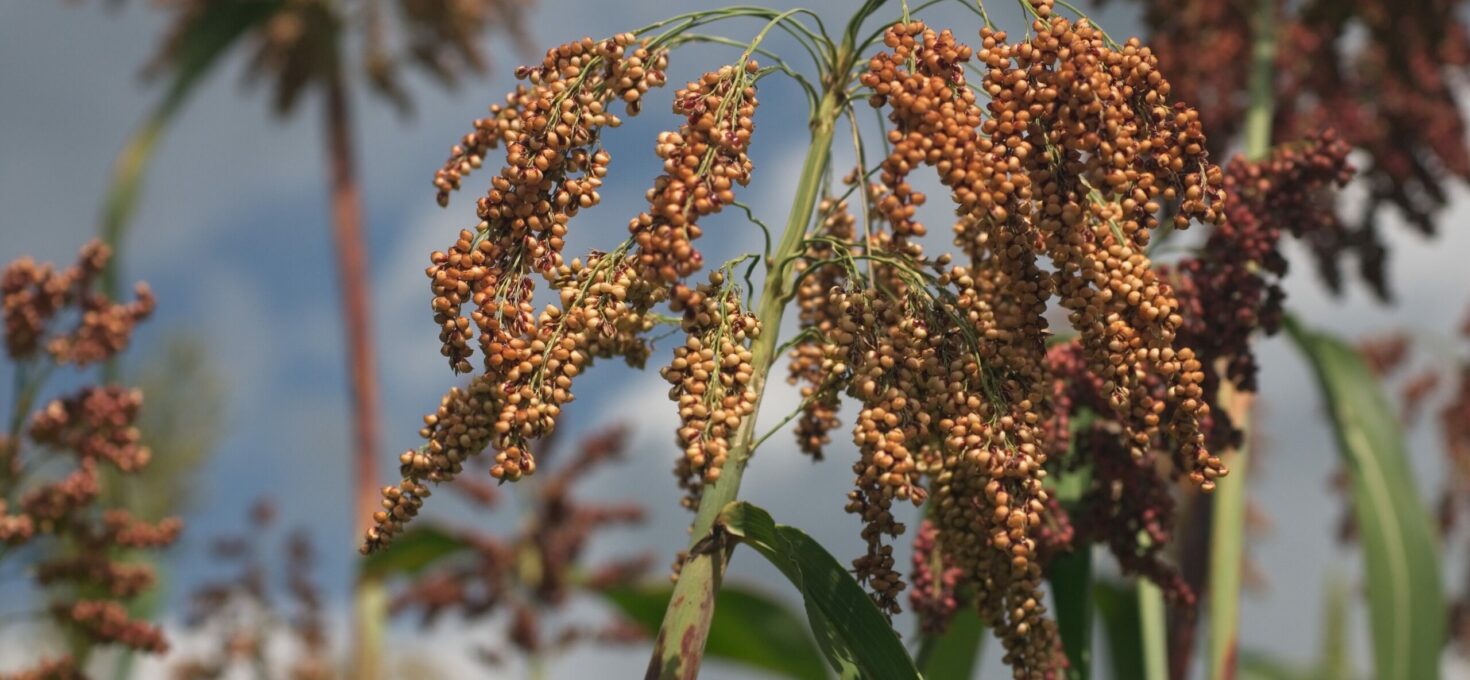The charges have been read against you, grievous indeed. Blood is on your hands. The case has been made by the prosecution with more detail than anyone would like to be revealed and analyzed about themselves. Witnesses have been questioned and facts divulged which you didn’t even realize were true until uttered from the stand. Now it is your turn. You are told to stand. What do you say?
This is the opening scene of Isaiah 59. What comes next is a poignant confession of a believer exposing the heart bent toward sin, the habits of sin and the events of sin. It is a humble acknowledgement of our separation from God and participation in this broken world with bears and doves burning metaphors into my heart.
“We all growl like bears,” says Isaiah. Here is a wild animal venting an anger that begins within, consumes and boils over – an anger against sin and its side-affects endured by us all. I have seen a child neglected in rags with arms sorghum stalk thin because the mother was too consumed by her own pleasure to care for her. And I growled. I have seen the aged mother with festering wounds on her legs, whose daughters desired to help, but were beaten and deserted by their husbands for asking not to have to do it alone. She entered the grave and I growled. I have known the girl abused by wolves in sheep clothing, disbelieved and cowed into silence. And I growled. I have seen the fat, well-loved child die within a night due to aggressive malaria, a father drink himself to death, a dear friend pass away because her family lost hope in her recovery and stopped feeding her, a lame, aged widow electrocuted by a downed power line her corpse still smoking in the relentless sun when I arrived, and an unfaithful spouse with all the accompanying collateral damage. And I growled. I have heard the stories of mothers huddling silently in their huts as thieves outside their homes threaten them to stay put by shooting guns in the air, and others who spent the night hiding in the hillside. And I growled. I have seen rains that turned to floods, wind that turns to drought, a plague of locusts, and rogue house-burning fire. I have seen children precede their parents to the grave. I have growled until I wept.
“We moan and moan like doves,” says Isaiah. The dove in its ubiquity and harmlessness, so unlike the bear, is known for its distinctive coo. Here Isaiah is not relating the dove’s song as one soothing or comforting or innocent. It is the moan of a heart yearning for death, the expression of a grief so deep it cannot be contained in words. I have seen my growl turn into self-glorifying indignation and then broken into confession. I have seen my own neglect of those I love, my own unjust discipline, and vented rotten anger. And I moan. I have thought that my own sins aren’t as bad as his, therefore I must be better, only to be shown that in sin we are equal. And I moan. I have tried, and tried again to be holy as my savior is holy, only to be shown my failures and ongoing need for winnowing. I have seen my own sins repeated in my children’s lives and words. And I moan. I moan against my complete inability to keep myself from sinning and the repercussions that are inevitable. I am weak and petty and too often blind to the needs of those around me. All my works are done for me by the Lord, and any sins avoided only by His restraining hand. I have moaned, until the foggy silence that follows spent tears settled in mysterious peace.
The story does not end in anger or grief. The Lord intervenes with His own arm. Repentance leads to salvation through a perfect covenant keeper who grants us His benefits through inheritance as His children. He keeps our side of the bargain and still deigns to share the rewards. This is how Peter can write that although we may be grieved by various necessary trials we also rejoice (1 Peter 1:6, 8). Grief unutterable and joy inexpressible are simultaneously within the heart of every Christian. It is a necessary tension in this life between the broken and the holy, the already and the not yet. Those who weep are comforted. Those who are weary find rest. Those who tremble at what is unseen will reach their hope. Weeping must not be for weeping’s sake, neither comfort for comfort’s sake, nor rest for rest’s sake, or joy for joy’s sake. All are spiritual energy, a refining motion that prepares us for our work in Christ’s kingdom and flows in praise to the Lamb.
I have seen the grieving shine Christ’s light into the darkness, the bereaved come to faith, the child learn to avoid the sins of the parent, unfaithful spouses reconcile and trials crystalize faith. This is the winnowing, the threshing, the striking that God may then heal. We require the kneading hands of the potter to come forth beautified and praising.
These griefs are yours, and more unmentioned. You are the bear with me. You are the dove with me. We are not the lamb, and for that I rejoice with joy inexpressible.

*moaning
Thank you for sharing the growling, the morning and the one great hope! Beautifully written!